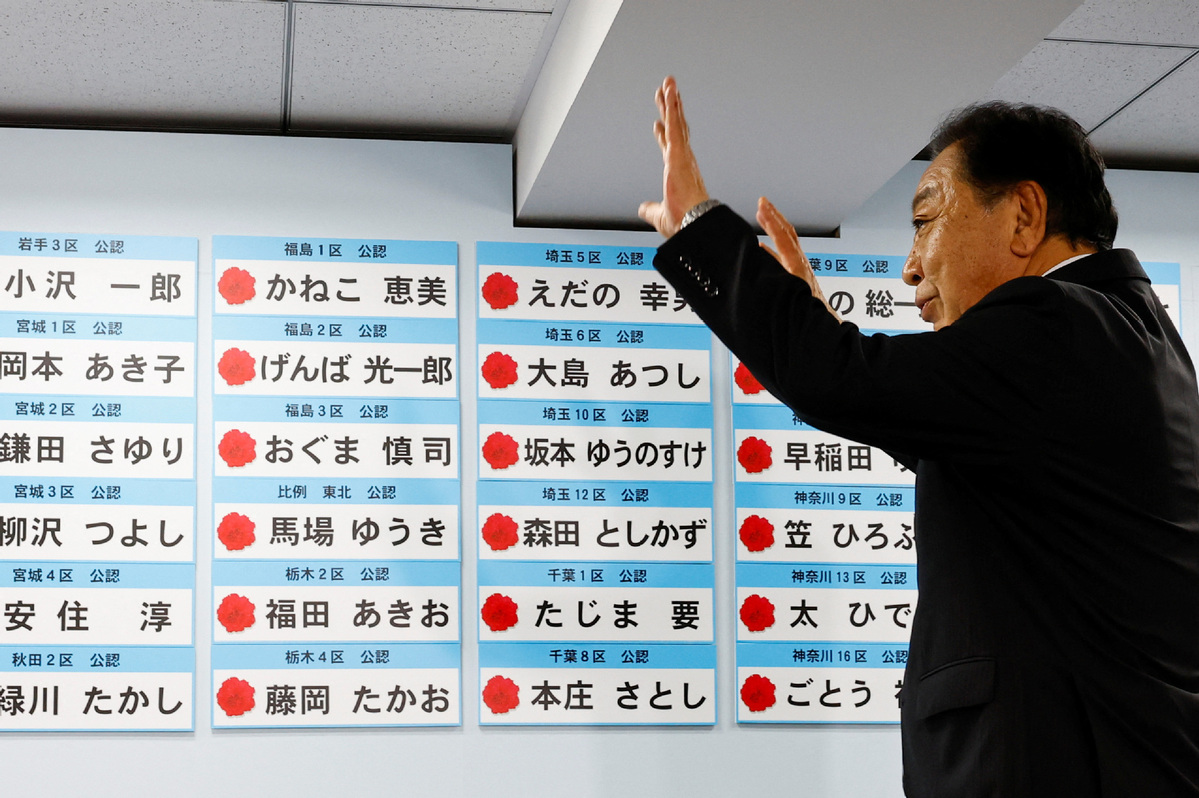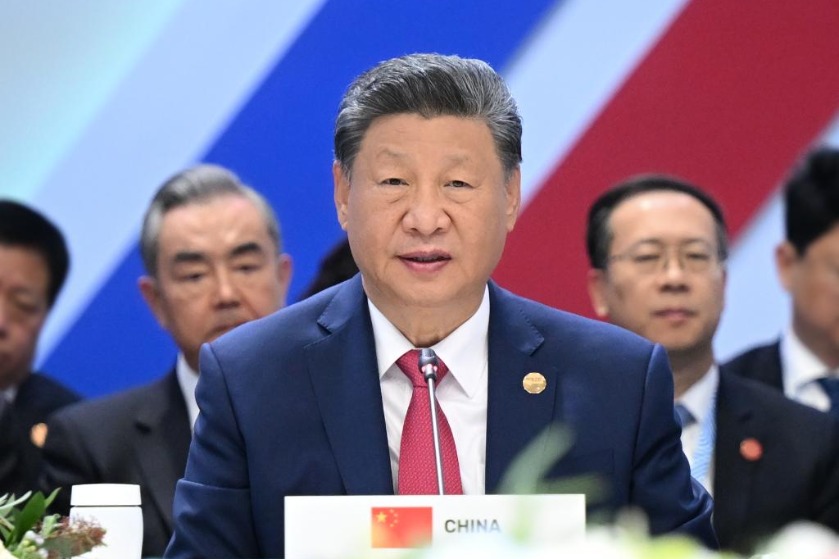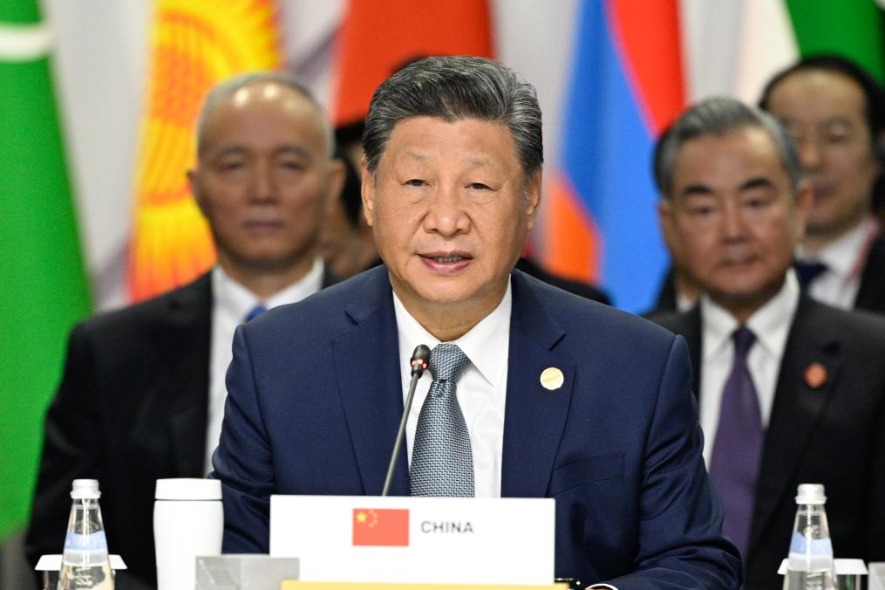Japan election ends decade-long majority of ruling coalition


Japan's ruling Liberal Democratic Party and its coalition partner Komeito lost their majority in Sunday's House of Representatives election, following public backlash over a major LDP slush fund scandal.
This marks the first time in 15 years since the change of government in 2009 that the ruling coalition has fallen short of a majority.
As of 1:40 am on Monday in Tokyo, opposition parties and others had secured 234 seats, surpassing the majority threshold of 233, while the ruling coalition held a total of 207 seats — 185 for the LDP and 22 for Komeito. The LDP's seat count sharply declined from 247 before the election to 185, while the main opposition, the Constitutional Democratic Party of Japan, surged from 98 seats to 143, according to broadcaster NHK.
During the campaign, controversies surrounding the LDP factions' handling of “politics and money” became the focal point. In a society already under significant financial strain, public criticism of political funding issues has intensified.
Izuru Makihara, professor at the Research Center for Advanced Science and Technology at the University of Tokyo, said: “The question is what comes after that. Prime Minister (Shigeru) Ishiba may not quit so easily, and there can be a certain sort of cooperation with the opposition parties. But in any event, it will not be easy to form a coalition.”
He highlighted that it remains to be seen whether Ishiba can navigate through the challenges ahead, making it a situation to watch closely.

































